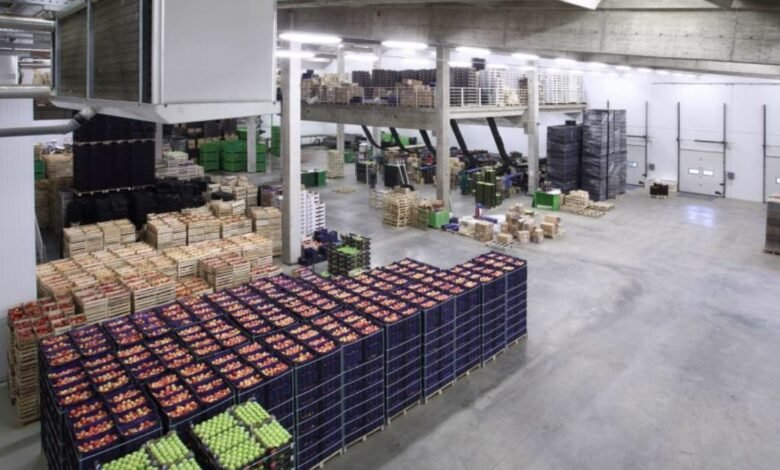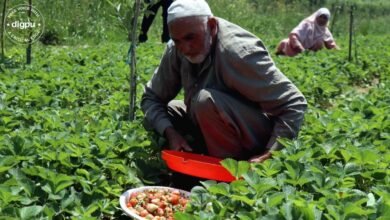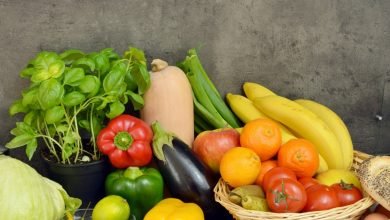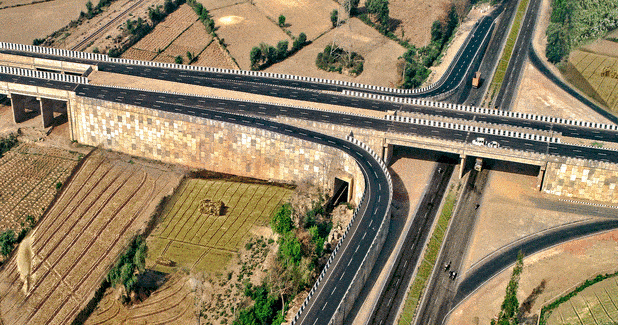Post-harvest infrastructure weak; experts call for more storage facilities

Market demand for fruits showed remarkable hike during the post-pandemic period, experts said.
The post-harvest infrastructure, that include storage facilities, in the country need to be further improved if it is to strengthen the plantation sector, experts have opined.
A recent survey has revealed that India’s available storage facility is sufficient to keep only 10 percent of India’s plantation products. And this in turn results in 6-18 percent wastage of fruits during the post-harvest period. Experts who came together for a discussion at a seminar organised as part of the ‘Plantation Expo’ called for the enhancement of post-harvest infrastructure if the nation is to meet targets.
The expo has been organised by the newly set up Plantation Directorate, Government of Kerala. The event is conceived as the first major step to make Kerala Plantation a global brand while ensuring the progress of the labourers in the sector.
Major challenges come up for discussion
It has been noted, as consumers have realised the nutritional value of fruits, the market demand for fruits has shown a remarkable hike during the post-pandemic period. And, in India, 80 percent of fruits are sold as fresh fruits”, said Sanjib Kumar Sahoo of IG International.
Pointing out the major challenges faced by the sector in the seminar, themed ‘Income augmentation in plantation sector through diversification and value addition’, he said, adequate focus should be given to improving the land suitability, quality of yields, and packaging of plantation products besides, conducting research and training in the sector-specific areas.
Speaking on sustainability in agriculture, Ashok Nair, Head, Sustainable Agri Operations, AVT McCormick Ingredients Pvt Ltd, said timely soil testing in ensuring the organic matter content in the soil is important as that will help produce quality yields. Sustainable agri operations like vegetative mulching, and soil and water testing will help improve the production in the plantation sector. Vegetative mulching will help farmers improve soil condition and thereby the produce. Also, women’s participation should be ensured in all stages of cultivation, he said.
He also noted that 85 percent of India’s spice production is from small-holders who mostly adopt the most conventional practices. Adverse climatic conditions also pose a major threat to these spice farmers.
Experts deliberate on need for better infrastructure
Dr CR Elsy, former Professor, and Co-ordinator, IPR Cell, Kerala Agricultural University, said GI tag status for products will help customers avail quality products by avoiding fake products reaching markets. Producers will get financial stability with their products getting GI tag.
Currently, 35 products from Kerala have been granted GI tag and more products will be added to the list. As part of protecting our traditional products we should focus on branding them besides striving to get GI tag status, she added.
James Joseph, Founder, Jackfruit 365, stressing the importance of including jackfruit in the daily diet of Keralites, said that 36 percent of the company’s customers are from Andhra Pradesh and Telangana. The seminar on the sidelines of the four-day Plantation Expo, which commenced on Thursday, aims at introducing the latest trends in the plantation sector apart from formulating policies to market value-added products.





